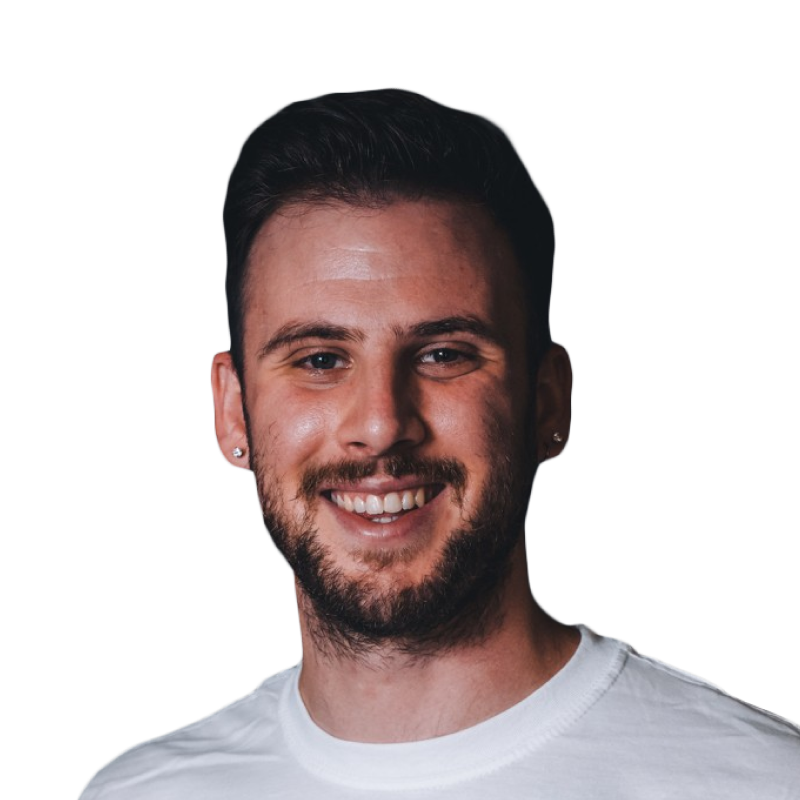Show Notes
"If you think you're above whatever-taking out the proverbial trash or doing the proverbial dishes or the laundry, whatever-that's when a company is cooked."
In part 2, Bogdan Knezevic shares his journey from undergrad in Calgary to winning a Rhodes Scholarship and pursuing a PhD at Oxford, reflecting on the personal motivations, cultural shifts, and tough choices that shaped his path-including stepping away from elite swimming and ultimately realizing academia wasn’t for him. He opens up about the isolating yet magical environment of Oxford, the challenge of redefining his identity, and the gritty realities of working in early-stage biotech, emphasizing the importance of humility and hands-on work for startup founders.
The conversation offers a candid look at how self-discovery, setbacks, and a willingness to “do the dishes” can shape a leader’s growth in biotech.
Key topics covered:
- The Rhodes Scholarship decision: Chasing big dreams, family inspiration, and Oxford’s legendary pull
- Life at Oxford: A magical, isolating, and truly global grad experience
- Transitioning from elite athletics: Letting go of swimming to discover a new sense of self
- Academia vs. industry: Swapping academic uncertainty for the fast pace of biotech startups
- The value of humility and grit: Rolling up your sleeves and doing the unglamorous work that makes startups thrive
If you enjoy The Biotech Startups Podcast, please consider subscribing, leaving a review, or sharing it with your friends. Thanks for listening.
Resources & Articles
Biotech Fundraising Milestones Resource: https://blog.kaleidoscope.bio/biotech-milestones-for-effective-fundraising/
Exhalation (book): https://www.goodreads.com/book/show/41160292-exhalation
Stories of Your Life and Other (book): https://www.goodreads.com/book/show/223380.Stories_of_Your_Life_and_Others
Andrew Ng’s Machine Learning Courses: https://www.coursera.org/collections/machine-learning
Organizations & People
Kaleidoscope Bio: https://www.kaleidoscope.bio/
Frequency Therapeutics (Korro Bio): https://www.korrobio.com/
Andrew Ng: https://www.linkedin.com/in/andrewyng/




